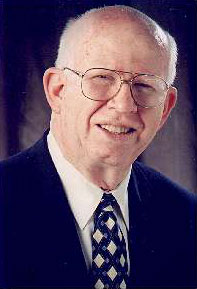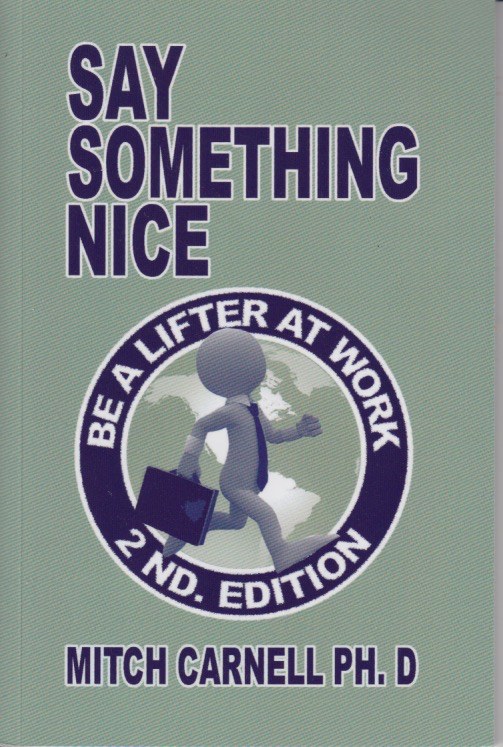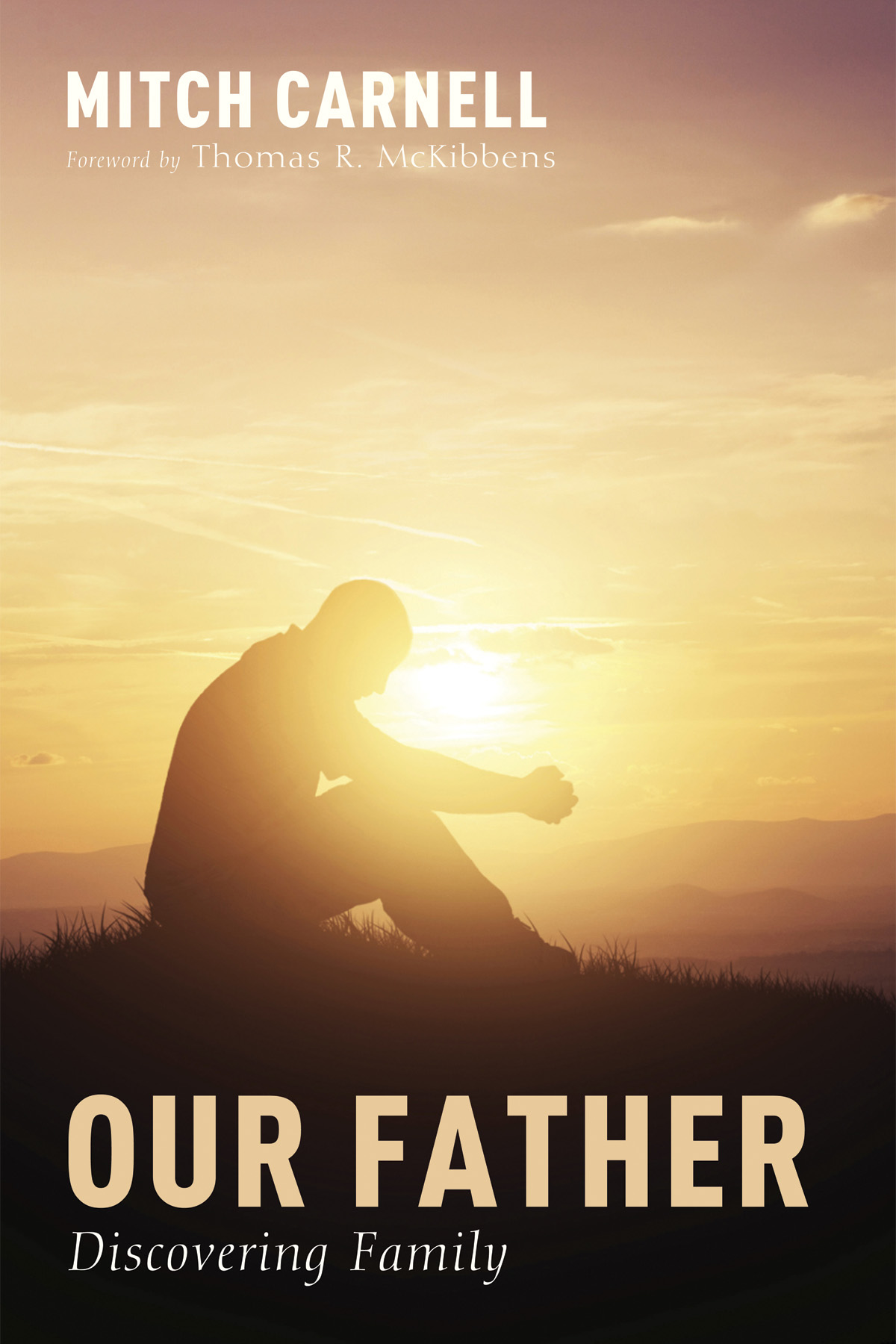“Harvesting life” should be a focal point for us as we age, said retired pastor and bioethicist Bert Keller.
“Harvesting a life means remembering, cherishing and telling the stories of one’s lifetime,” Keller explained. “Harvesting means accepting the role of elder in your tribe: to gather your lifetime like a ripened crop and to offer the best of what you’ve learned to the future.”
After reading this explanation, I began to examine my life for those characteristics that might be of value to others, especially those who are younger.
My search revealed the following nine values that have undergirded my personal life, friendships and professional relationships.
- Optimism.
I have a deep belief that most people are good at heart and that most of us want to do the right thing. I believe that tomorrow will be better than today.
I am not talking about a Pollyannaish attitude, but a realistic, eyes open look at life.
Have I ever been taken advantage of or stabbed in the back? Of course, but I am not going to live my life worrying about that possibility with each person I meet. The price for that attitude is too high.
- Ingenuity.
I always look for a different or unique way of looking at a problem or situation.
I decided rather early in my career that there were plenty of other professionals writing articles for other professionals. I decided to focus my attention on the person who needed the information but who was not a professional in the field.
- Persistence.
I continue to pursue an idea, an interview, an adventure or a job in the face of obstacles that lie in my path.
When I was the executive of an agency for the disabled, it took me 15 years to acquire a mobile testing unit, but we finally accomplished the goal.
As chairman of a lecture series, it took eight years to line up a particular national speaker, but we finally signed him up. His presentations made our efforts more than we could have ever anticipated.
- Endurance.
I am always in it for the long haul. I prefer to call this tenacious, but my father had another name for it: bullheadedness.
As a writer, there is a publication that I have targeted as a place I would like to publish an article. I have not accomplished that goal, but I haven’t given up.
- Integrity.
My word is my bond. I credit my father for this one. He had an impeccable reputation for honesty. I want that kind of reputation for myself.
- A sense of humor.
I discovered early in my life that a sense of humor always made the journey easier and more fun. Often it would catch the other person off guard.
There are hardly any situations that a little humor doesn’t help, as long as it is not barbed at the other’s expense
In working for a not-for-profit agency, I was often labeled an idealist.
My answer is, “I certainly hope so.” That is not the anticipated response. It breaks the tension and lightens the atmosphere.
- Gratitude is the most important value.
I am grateful for all the kindnesses I have received over the years. For my family and friends. For all of the second chances and benefits of the doubt I have received. For my life and for my country.
- To love and be loved is perhaps the greatest miracle of all.
I have experienced the love of two wonderful women, both of whom have predeceased me. They provided a safe harbor, a warm place to grow and experience life. I provided the same safe place for them to be themselves.
This kind of love is inexplicable but contributes greatly to the fully developed life. It far exceeds physical attraction.
- Faith is the most difficult to explain and yet it undergirds my entire life.
I believe that there is a force of goodness, kindness and love in the world. My faith has allowed me to recover from unbearable pain and survive. It is a constant assurance that I am not alone.
I believe in a God who is a comforting compassionate presence. I believe in a God who welcomes me and tells me that I am enough.
This “harvesting” of my life was a profound and meaningful experience. I encourage others to undertake such reflections not only in your latter years but also regularly throughout your life.
Considering the values and characteristics that undergird enrich our lives is always a worthwhile exercise.








